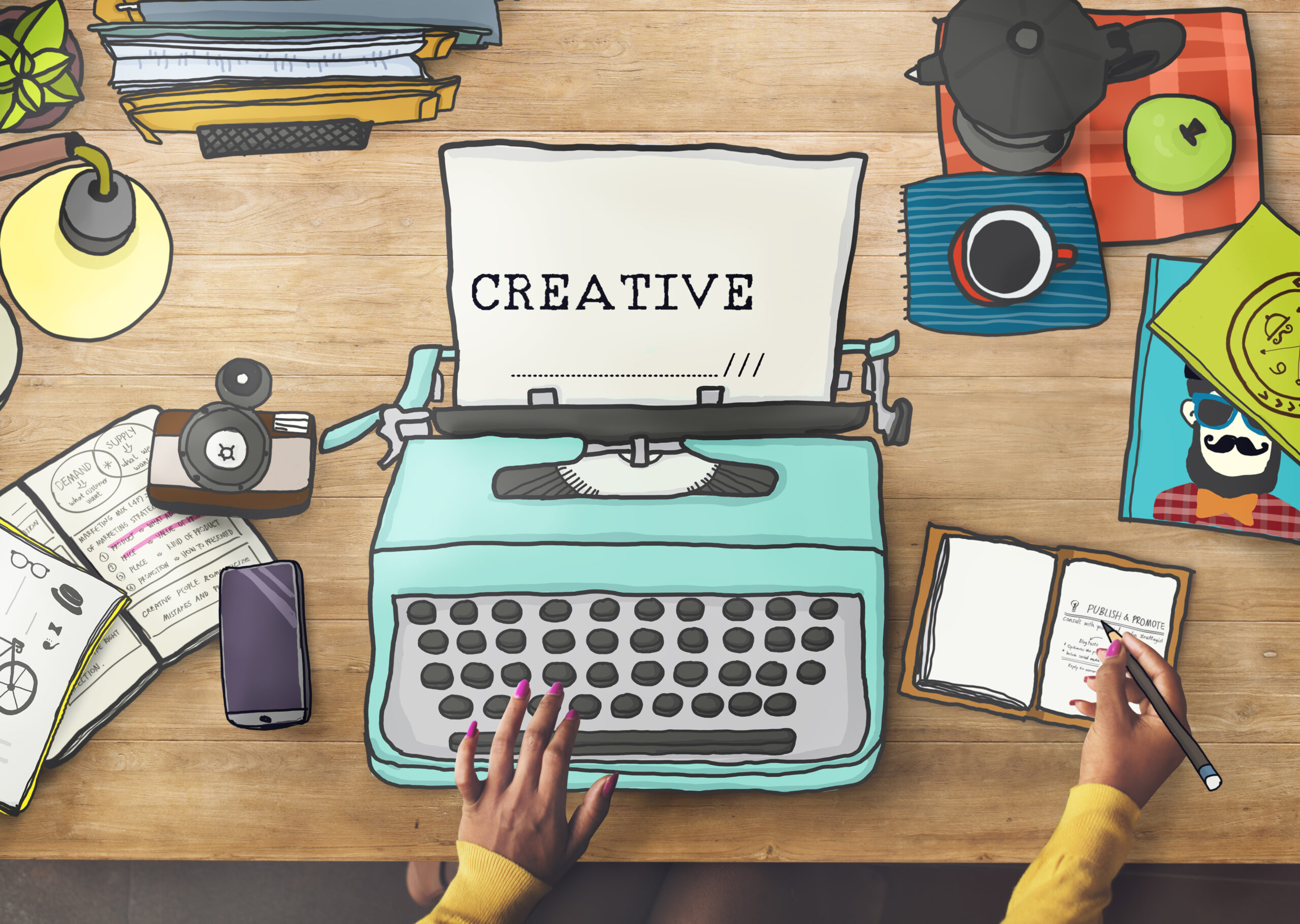How To Leverage Creativity in Writing: Insights From Austin Kleon
Pablo Picasso once said:
“Good artists borrow, great artists steal.”
So I sat down with Austin Kleon, author of “Steal Like An Artist” to talk about creativity and writing.
These are the 10 best takeaways:
1) Exploring and Collecting.
Having a system for exploring and collecting ideas is vital.
The best creators:
• Explore the world
• Capture its essence
• And share the result
2) Input to Output Ratio.
Inputs:
• Reading
• Learning
• Inquiring
Outputs:
• Writing
• Ideating
• Creating
The ratio should be at least 1:1
If not 2:1, input to output.
3) Thinking in Verbs, Not Nouns.
Don’t become too attached to job titles or nouns.
Instead, focus on the verbs.
The actions you take.
The stuff you really enjoy.
The things others respond to.
4) Authenticity and Frequency.
Authenticity and consistency are KEY.
Try to set:
• Goals
• Deadlines
• Aspirations
This will help maintain frequency which will turn into consistency.
5) The Role of the Reader.
A book comes alive when the reader picks it up.
The reader’s interpretation and engagement with the work is a crucial part of the creative process.
So pour out your heart and soul.
6) Making Yourself Interesting.
To create interesting work, you need to be an interesting person.
That doesn’t mean:
• Outlandish
• Eccentric
• Flashy
Just be genuinely interested in the world.
And make it interesting to others.
7) The Importance of Fun.
Writing should be fun.
If it feels like work, not play, it’s hard for the reader to enjoy it.
They feel what you feel.
(That’s the beauty of writing).
8) Stealing Like an Artist.
This doesn’t mean plagiarizing.
Rather, you should draw inspiration from existing works and add your own spin.
Everything’s already been said.
But maybe not by you…
9) The Power of Visuals.
Austin Kleon’s creative process often involves visuals.
When there are more pictures than words, creativity thrives.
As they say:
“A picture is worth 1,000 words.”
10) The Value of Notebooks.
As a writer, you NEED a notebook.
Not only will it help capture thoughts and ideas, but you can also revisit them.
You’ll see your evolution over time.
How do you cultivate creativity in your writing?








